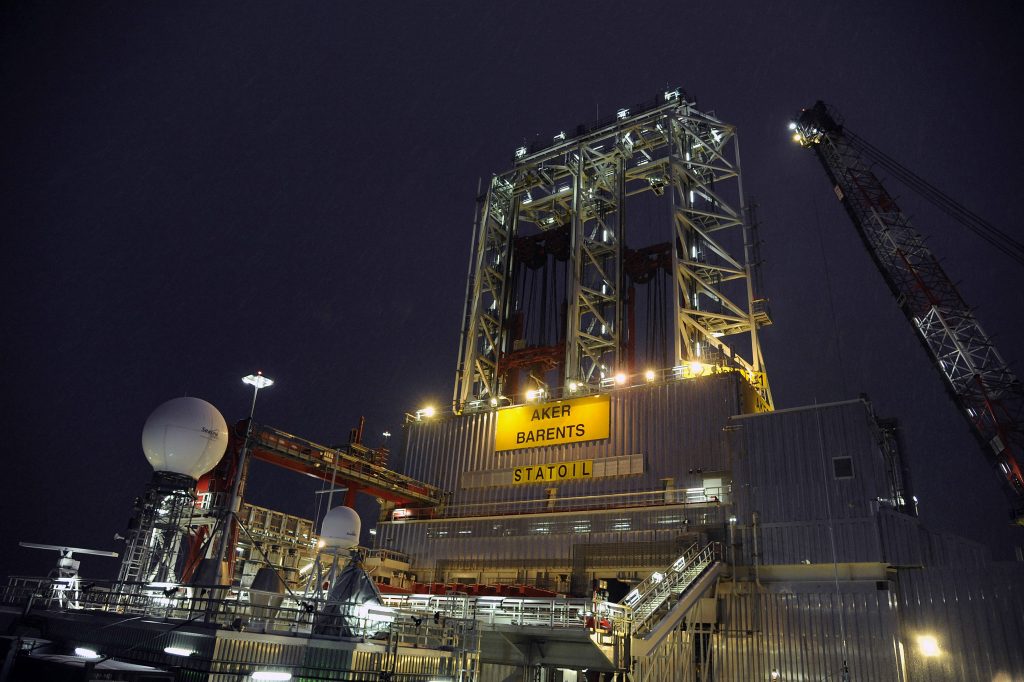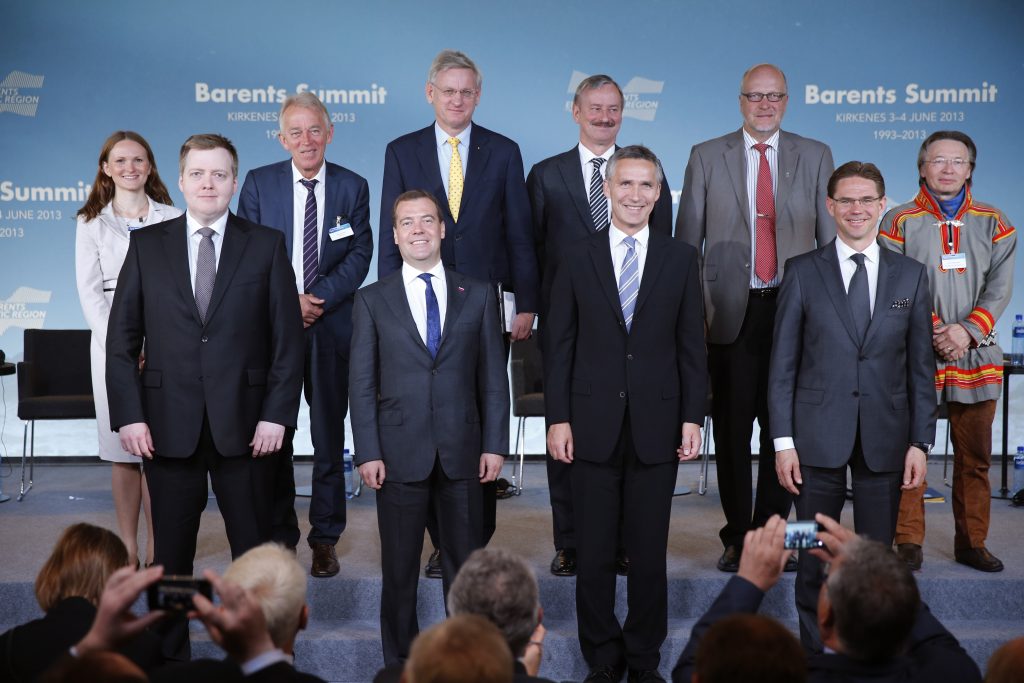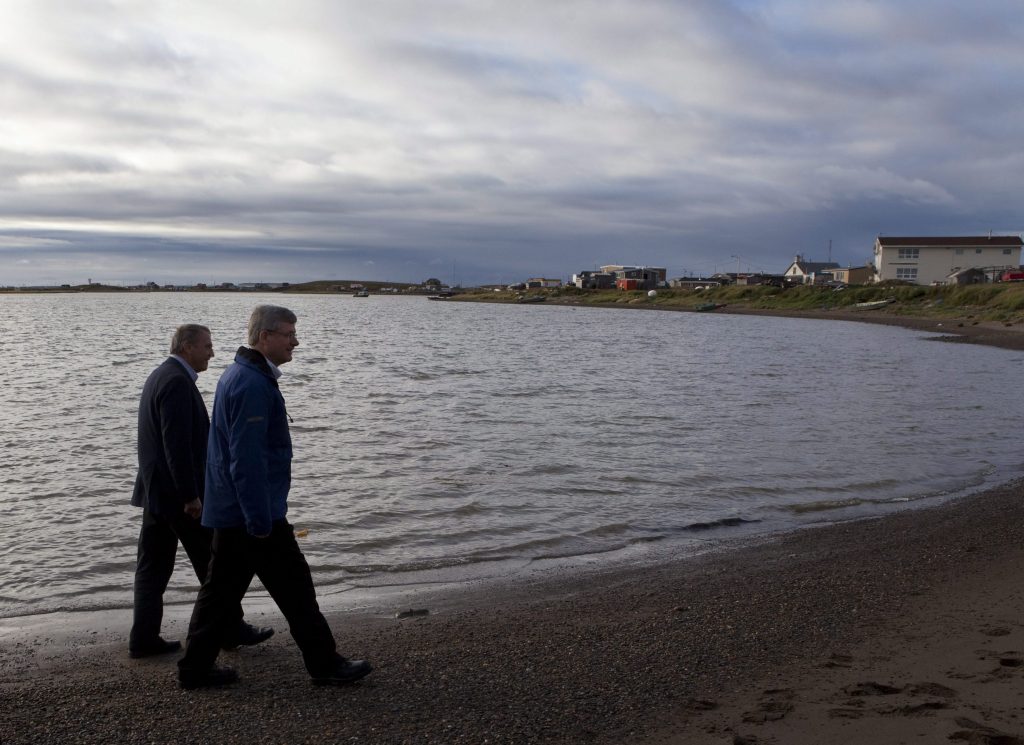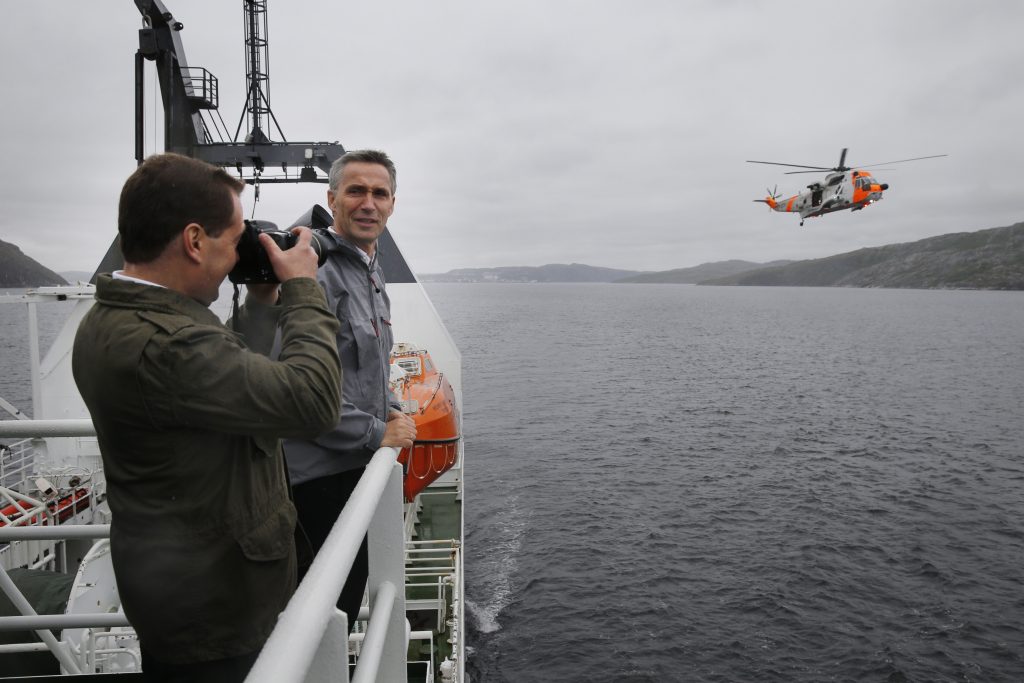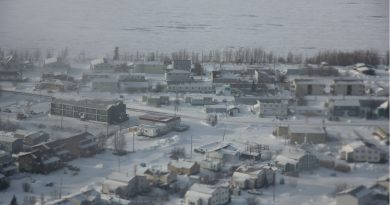FEATURE INTERVIEW: Is Barents transport plan a model for the Beaufort region in the North American Arctic?
Transport Ministers from the four Barents countries: Russia, Finland, Sweden and Norway,released the Joint Barents Transport Plan this week in conjunction with the Narvik Conference on Arctic shipping and development in Norway.
The plan covers everything from railway and roads to ports and air travel. Experts say this comprehensive regional planning will allow the Barents countries to take advantage of increased economic activity in the European Arctic.
The Beaufort region in Alaska and Canada’s western Arctic has harsher ice conditions and is less developed in terms of infrastructure compared to the Barents region.
But some experts say the Transport Plan could provide a model for the Beaufort region of the North American Arctic.
“I think there’s a great variety of important transport and economic development proposals that will only get the high level attention they need in Washington and Ottawa if this area is looked at as a single economic region of great benefit to everyone,” says John Higginbotham, a senior fellow at the Centre for International Governance Innovation, an independent Canadian think tank, and a Senior Distinguished Fellow and Canada’s Carleton University located in Ottawa.
“I know that at a regional level among Alaskans, Yukon government and the Northwest Territories government there’s a real will to cooperate and to look at issues on a regional basis but I’m not sure yet that we have the buy-in from Washington and Ottawa to take that approach.”
To find out more, I spoke to John Higginbotham, earlier this week.
To listen to our conversation, click here
Related Links:
Norwegian conference looks at development in Barents Region, Eye on the Arctic

